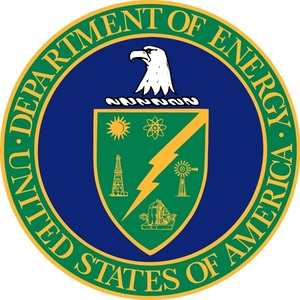DOE: Biomass R&D technical advisory committee to meet Nov. 19-20




November 14, 2019
BY Erin Krueger
The U.S. Department of Energy has announced its Biomass Research and Development Technical Advisory Committee is scheduled to meet on Nov. 19-20 in Washington, D.C. The event is open to the public.
The committee aims to advise the USDA and DOE with respect to the Biomass Initiative and evaluate and make recommendations to the Biomass Research and Development Board. The November meeting aims to develop advice and guidance that promotes research and development leading to the production of biobased fuels and biobased products. The tentative agenda will include an update on USDA and DOE biomass research and development activities and presentations from government and industry that provide insights on the intersection on forest health and bioenergy growth.
Advertisement
Members of the public are welcome to observe the business of the committee. Additional information on how to attend the meeting or make oral statements regarding items on the agenda is available on the Federal Register website.
Advertisement
Related Stories
The U.S. Department of Energy Bioenergy Technologies Office (BETO) announced up to $23 million in funding to support research and development (R&D) of domestic chemicals and fuels from biomass and waste resources.
The U.S. DOE has announced its intent to issue funding to support high-impact research and development (R&D) projects in two priority areas: sustainable propane and renewable chemicals and algal system cultivation and preprocessing.
Sens. Sherrod Brown, D-Ohio, and Pete Ricketts, R-Neb., in August introduced the Renewable Chemicals Act, a bill that aims to create a tax credit to support the production of biobased chemicals.
The Chemical Catalysis for Bioenergy Consortium, a consortium of the U.S. DOE’s Bioenergy Technologies Office, has launched an effort that aims to gather community input on the development of new biomass processing facilities.
USDA on March 8 celebrated the second annual National Biobased Products Day, a celebration to raise public awareness of biobased products, their benefits and their contributions to the U.S. economy and rural communities.
Upcoming Events










